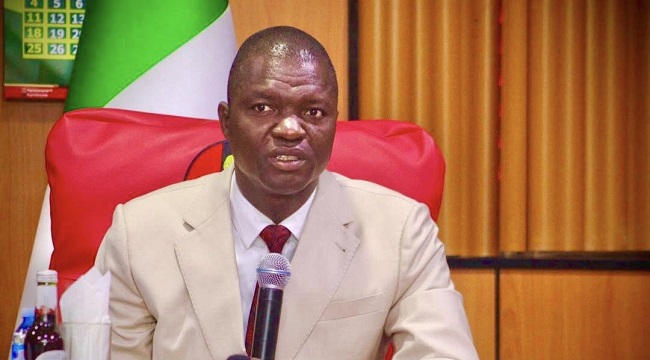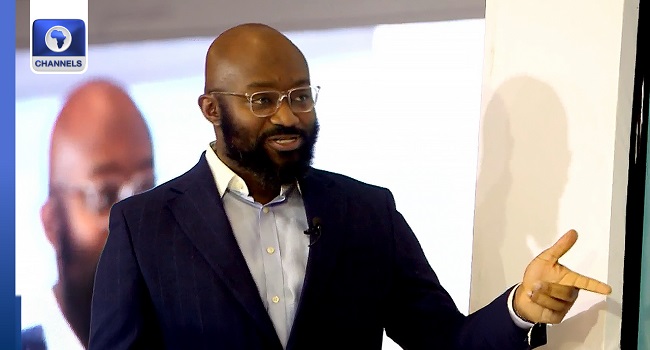Troops of the Joint Task Force (North East), Operation HADIN KAI (OPHK), have foiled coordinated attacks by suspected ISWAP fighters on Forward Operating Bases (FOBs) in Borno State, recovering arms and an armed drone in the process.
The affected locations include FOB Mayanti, Gajigana and Gajiram, as troops intensified offensive operations across Sector 2.
The Media Information Officer of Operation HADIN KAI, Lt. Col. Sani Uba, disclosed this in a statement on Sunday.
According to him, “the terrorists launched the attack between the late hours of 28 February and early hours of 1 March 2026, underscore the growing desperation of terrorist elements under sustained pressure on their enclaves, logistics corridors and leadership structures.”
READ ALSO: Four Suspects Arrested As NSCDC Busts Illegal Arms Fabricating Factory In Katsina
He added that while the attack on Gajigana was successfully repelled with troops maintaining full control of their position, the encounters at Mayanti and Gajiram resulted in significant terrorist casualties and the recovery of combat equipment.
“At about 2300 hours on 28 February 2026, FOB Mayanti came under heavy attack by a large number of terrorists. Gallant troops held firm despite intense enemy fire, as reinforcements fought through ambush and IED threats to rout the attackers,” he said.
“Exploitation confirmed five terrorist corpses and the recovery of three PKT automatic anti-aircraft guns, two RPG-7 tubes, four AK-47 rifles, two FN rifles, three RPG bombs and large quantities of 7.62mm ammunition, with blood trails indicating additional casualties, sadly an officer paid the supreme price.”
Lt. Col. Uba further revealed that at about 0115 hours on 1 March 2026, terrorists armed with PKT guns, RPGs and armed drones attacked FOB Gajiram but were repelled by troops supported by air assets.
Three terrorist bodies were recovered along the withdrawal route, alongside four AK-47 rifles, five anti-tank bombs, three locally fabricated mortar bombs, one armed drone, six fully loaded 7.62mm NATO magazines, barbed wire cutters, specialised ammunition, poisoned arrows and other items abandoned while fleeing. One wounded soldier was airlifted by a Nigerian Army Aviation helicopter for advanced medical care.
He added, “Additionally, during an ambush around Bulturam Corner and Dadingel in Gujba LGA, troops neutralised two terrorists and recovered two AK-47 rifles, four AK-47 magazines, a bicycle and other sundry items. All locations remain firmly under own control, and the scale of recoveries and confirmed enemy losses further underscores the degrading combat capacity of ISWAP elements.”









